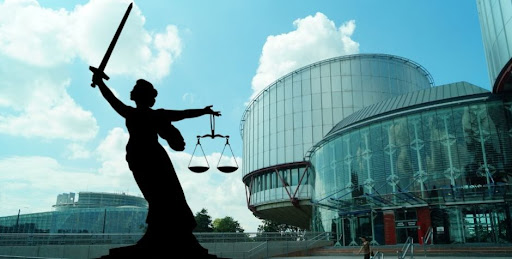By a comfortable majority, lawmakers enshrined into law a stark definition of sex: male and female, nothing more. Accompanying clauses limited adoption rights and placed new restrictions on sexual education in schools. To its backers, the move is a necessary defence of national identity, cultural values, and what they call “biological truth.” To its opponents, it is an assault on human dignity and a breach of Europe’s human rights commitments.
The controversy is not merely domestic. This decision pitches Slovakia into the middle of a wider European battle over the definition of rights, the authority of supranational courts, and the limits of national sovereignty.
The road to Bratislava’s decision
Slovakia is no stranger to polarised politics. The country’s post-communist journey has been punctuated by disputes over national culture, EU integration, and the role of the Catholic Church, which remains deeply influential. In recent years, populist currents have gained strength, reflecting broader trends across Central and Eastern Europe.
The gender amendment was first floated by conservative MPs in early 2024 amid rising debates over trans rights in neighbouring countries. Hungary had already banned legal gender recognition in 2020, while Poland tightened adoption rules in 2021. Slovak conservatives argued that unless the constitution “set boundaries,” activist judges and foreign NGOs would impose liberal policies from outside.
Public opinion was sharply divided. Surveys suggested around 55 per cent of Slovaks supported the amendment, though younger voters and urban centres leaned strongly against it. Campaigns leading up to the vote were bitter, with churches and family associations mobilising in support, while human rights groups staged marches and legal seminars warning of looming discrimination.
When parliament finally voted through the measure this September, it was hailed by its supporters as a landmark in “protecting Slovak children.” But the implications are far broader than domestic family policy.
What the amendment actually does
The new constitutional text is blunt. It defines sex strictly as “male or female as determined at birth.” This automatically excludes the legal recognition of trans and intersex individuals, who previously had some possibility of pursuing recognition through the courts. The law also prohibits adoption by same-sex couples and restricts “non-biological interpretations of sex” in school curricula.
Supporters insist it simply codifies reality. “We cannot allow ideology to confuse our children,” said one MP from the ruling coalition. “This amendment safeguards parents’ rights and the truth of biology.”
Critics, however, say it strips away protections. For trans Slovaks, it forecloses the already limited avenues for official recognition of gender. For intersex children, it denies their existence entirely. And by hard-coding such definitions into the constitution, it makes legal challenge far more difficult than if these rules had been left at the level of ordinary legislation.
A collision with Europe’s human rights architecture
Slovakia is bound not only by its own constitution but also by the European Convention on Human Rights and by EU law. Both protect privacy, family life, and non-discrimination. While the Strasbourg Court has historically granted states a “margin of appreciation” in sensitive moral matters, recent rulings have leaned towards recognising the rights of trans people, especially in legal gender recognition and protection against discrimination.
Legal experts warn that Bratislava may soon find itself in conflict with the European Court of Human Rights (ECHR) in Strasbourg. Slovakia could also clash with the European Commission, which has shown growing willingness to initiate infringement proceedings against member states over rights violations. Only last year, Hungary lost a case at the European Court of Justice over its “child protection” law, widely seen as targeting LGBTQ+ communities.
Slovakia’s government insists it is acting within its sovereign rights. But sovereignty is no shield from treaty obligations. The European Union has already signalled concern, with Justice Commissioner Didier Reynders stating that “fundamental rights are not optional.” Whether Brussels will push the issue as vigorously as it did with Hungary remains uncertain, but the precedent suggests confrontation is likely.
Culture wars meet geopolitics
Behind the legal arguments lies a deeper cultural and political struggle. In Central Europe, appeals to “traditional values” resonate strongly with electorates unsettled by rapid social change. Politicians in Slovakia, Hungary, and Poland have long argued that Western Europe seeks to impose liberal social policies that undermine family, faith, and community.
This narrative is not just about domestic politics; it has a geopolitical edge. Moscow has for years cultivated influence in the region by presenting Russia as a defender of conservative Christian values against what it calls Western decadence. While there is no clear evidence of Russian interference in Slovakia’s constitutional debate, analysts note that such moves conveniently echo Kremlin talking points, deepening divides within the EU.
For Brussels the Slovak amendment is not only a rights issue but also a test of European unity at a time when the Union faces external threats from Russia and internal strains over migration, energy, and defence.
Click here for more News & Current Affairs at EU Today
Post Views: 812
